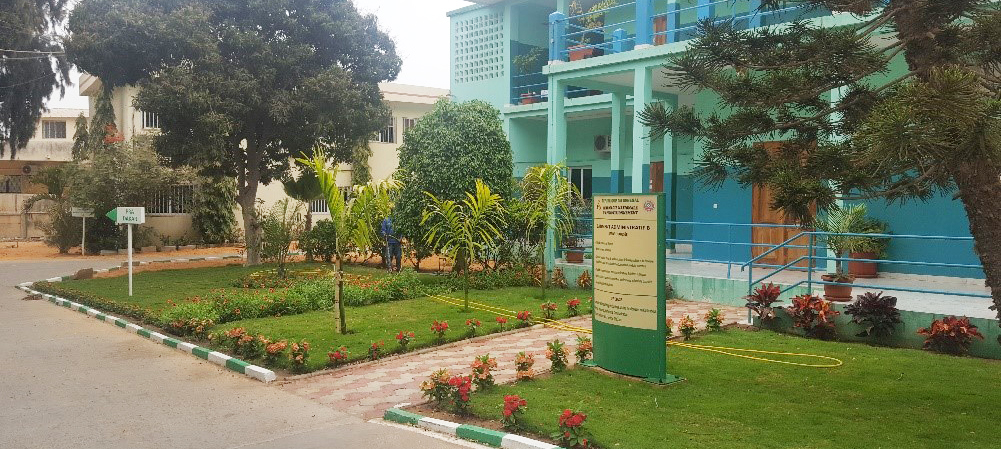
Maintaining proper storage conditions is vital to ensuring the quality of life saving health commodities. Product expiration dates are based on adequate storage conditions and ensuring these storage conditions helps to protect product quality and save resources. The challenging task of commodities storage encompasses a variety of activities, including designing storage facilities, receiving and arranging commodities, managing stock, maintaining special storage conditions, and properly disposing of obsolete products.
In Senegal, the National Supply Pharmacy, or la Pharmacie Nationale d'Approvisionnement (PNA), oversees storage and distribution of essential health commodities. PNA operates one central medical store in Dakar and 11 regional warehouses or Pharmacies Régionales d’Approvisionnement (PRA) that serve 74 district-level commodity stores. Like many similar structures in the country, the condition of regional warehouses has been deteriorating, putting at risk the quality of health commodities and the lives of patients who would be using them.
In FY18, the USAID Global Health Supply Chain-Technical Assistance Francophone Task Order responded to the request of the PNA to assist in the renovation of three warehouses in Fatick, and Diourbel, Saint-Louis regions, which serve the population of approximately 3 million people. The project conducted a thorough assessment of the three buildings, commodities management practices and storage conditions in these warehouses, and recommended a comprehensive measures package required to bring these facilities up to date. The measures package considers not only the physical renovation of the buildings, but also steps needed to improve stock management, the capacity of warehouse managers and their work safety.
When completed in FY19, the renovation of three regional warehouses in Senegal will have a direct impact on the quality of commodities distributed to almost 3 million people residing in these regions. It is a small, but important step toward securing quality health commodities management in Senegal.